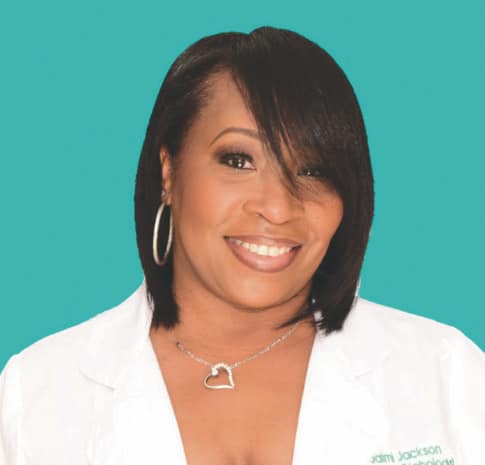
Beyond the Strandz Wellness Clinic @Jai’Stylz
5000 Pennsylvania Avenue (off Spaulding Avenue)
Suite J
Suitland, MD
301-967-4044

More Hair Care Articles
Trichology Support For Chemo Patients

Hair loss is one of the most visible and emotionally difficult side effects of chemotherapy. While regrowth usually occurs after treatment ends, the experience can be distressing and often raises questions about how to best care for the scalp during and after cancer treatment. This is where trichology—the science of hair and scalp health—plays an important role.
A trichologist is a specialist trained in the study of hair and scalp disorders. While not a medical doctor, a trichologist can assess scalp conditions, identify contributing factors behind hair loss, and recommend appropriate care strategies. For chemotherapy patients, this expertise provides targeted support to manage both the physical and emotional challenges of hair loss.
Scalp Care During Chemotherapy
Chemotherapy can leave the scalp dry, sensitive, or inflamed. Gentle care strategies are essential, including:
Scalp detoxification and exfoliation to remove buildup, unclog follicles, and improve circulation.
Hydration therapies that restore moisture and soothe irritation.
Specialized scalp treatments to maintain balance and reduce discomfort while hair follicles are under stress.
These approaches do not interfere with medical treatment but instead create a healthier environment for the scalp, helping patients feel more comfortable during the process.
Supporting Hair Regrowth
Once chemotherapy is complete, a trichologist can use tools such as microscopic scalp imaging and low-level laser light therapy to monitor progress and stimulate follicles. These methods support early regrowth, help strengthen new hair, and reduce the likelihood of ongoing thinning.
Whole-Body Considerations
Because hair loss is influenced by more than just the scalp, trichologists also review contributing factors such as nutrition, lifestyle, and overall wellness. Many cancer patients face nutritional deficiencies during treatment, which can further impact hair and scalp health. A trichology consultation ensures these areas are considered as part of a personalized care plan.
Emotional Impact
Beyond the physical side effects, hair loss can significantly affect self-image. Having a plan in place for scalp health and regrowth provides reassurance and a sense of control at a time when much feels uncertain.
Other Articles You May Find of Interest...
- Is Your Hair Shedding Too Much: Discover How Much Hair Loss is Normal?
- Effective Solutions for Eczema Relief: Choosing the Right Shampoo for Your Scalp
- Effective Solutions for Thinning Hair in Black Men
- Unlock the Secret to Luscious Locks with Rice Water for Hair Growth
- Transforming Your Look: A Comprehensive 2-Month Hair Transplant Journey
- Can Tirzepatide Affect Your Hair Health?
- The Ideal Hair Washing Frequency for Healthy Locks














